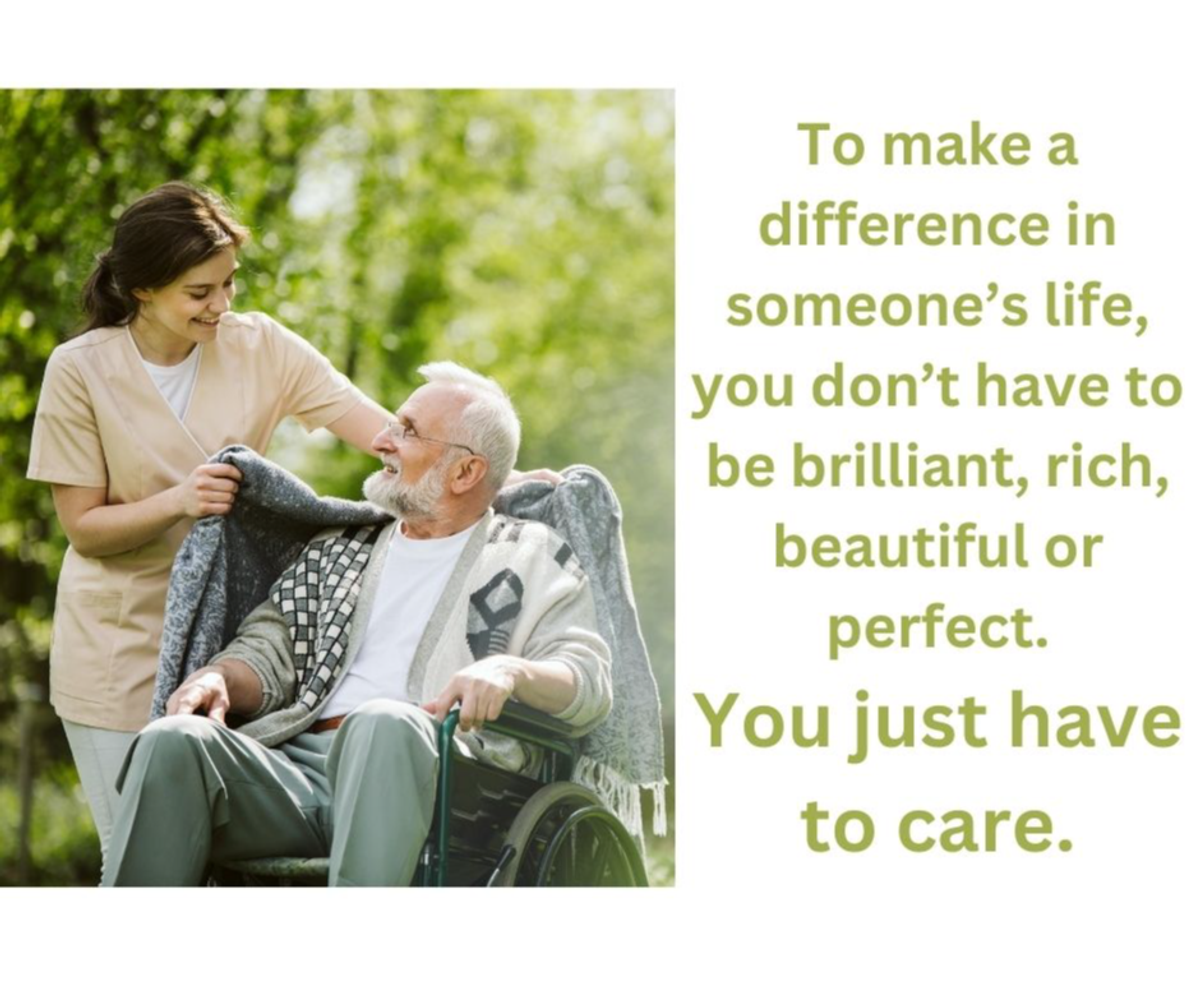Pastoral Care

- Student voice and leadership
- How to suppot positive peer relationships among young people in online spaces
- Year 10 Vaccinations
Student voice and leadership
Student voice and student leadership adds value to the school environment and creates an environment that thrives. I was fortunate enough to listen to Fr David address our student leaders with his thoughts on Leadership. I have captured some key points of his talk.
Please read below and I encourage you to take onboard one key aspect and think about how you may be able to implement it into your life.
Servant Leadership - Fr David ‘Dying to oneself so that others can live’.
- Genuine leadership cannot be imagined, without its commitment to ensure that others thrive.
- Leadership is known by how our relationship with others demonstrates concern and care, how it draws us close to others, identifies with them, supports them, encourages them, and draws them forward to recognise opportunity and possibility.
- People do not care how much we know; they want to know we care.
- Jesus’ chooses an images of a shepherd for a leadership - Why
- Prestige is not part of the equation and because the shepherd is immersed into his flock under his care. He wants us to be involved so we can draw others into to realising their potential.
- The clearest mark of a genuine leader is to LISTEN and to draw close and this type of leadership is truly transformative.
- It all begins by the quality of your presence to others.
How to support positive peer relationships among young people in online spaces
As we navigate the challenges of the digital age, I wanted to share insights from a recent seminar I attended on fostering positive peer relationships in online spaces for teens. These key takeaways offer practical ways for both home and school to collaborate in guiding our boys through the safe use of social media.
In today's world, social media is an integral part of our daily lives, and it will continue to play a significant role in your son's experiences. As they grow older, there is a natural inclination for them to rely more on peer connections than familial bonds. Research indicates that cultivating positive peer relationships, whether online or in person, has positive mental health effects for teenagers. By encouraging safe online interactions, we can help our young people feel more connected and develop a stronger sense of self and values.
However, we acknowledge the challenges associated with managing social media and online activities. It is crucial for us, as trusted adults, to engage in open and non-judgmental conversations with your sons about the responsible use of technology. Research emphasises that one of the key protective factors for adolescents using social media is maintaining open and honest communication with a trusted adult. While it is normal for parents to react emotionally when misuse occurs, creating a safe and honest dialogue with young people is essential to prevent them from becoming secretive in their online activities.
I encourage you to discuss and work through the following areas with your son:
- Setting appropriate and negotiated limits for online activities.
- Modelling responsible use of technology and social media.
- Highlighting the positive aspects of online interactions in fostering healthy peer relationships.
- Discussing strategies for managing negative online experiences.
- Utilising the resources provided by the e-safety commissioner, available at https://www.esafety.gov.au/.
By addressing these topics together, we can work collaboratively to help you sons navigate the online world in a safer manner and continue to develop positive peer relationships.
Mr Jack Kovacic and Mr Scott Steinman
Year 10 NSW School Vaccination Program
If your child is in Year 10 you can provide online consent for their routine school vaccinations.
Year 10 - Meningococcal ACWY, school clinic, 27 March 2024.
Vaccination will only be provided at school if consent has been received.
How to provide consent:
1. To complete online consent for your child’s school vaccinations, visit: https://nswhealth.service-now.com/school and log in using your ServiceNSW details. This is the same account you may already use to renew your driver’s licence. Refer to Service NSW to create an account if you don’t already have one.
2. Update or confirm your personal details in ServiceNSW as required.
3. Complete the School Vaccination Consent Form for your child.
Read a step-by-step guide on how to provide consent online. Translated guides are available in Arabic, Korean, Simplified Chinese, Traditional Chinese, Vietnamese.
If you or your child do not have a Medicare card or access, consent can still be provided by requesting a paper-based consent form directly from your child’s school.
The benefits of providing consent online:
• easily update your child’s details
• receive SMS and/or email notifications when vaccinations are given
• faster upload of vaccination records to the Australian Immunisation Register (AIR).
For more information on routine school vaccinations, please visit
www.health.nsw.gov.au/schoolvaccination .
If you require information in your language, please visit
www.health.nsw.gov.au/immunisation/Pages/school_vaccination_language.aspx
Mr Martin Gillogly - Assistant Principal, Pastoral Care

